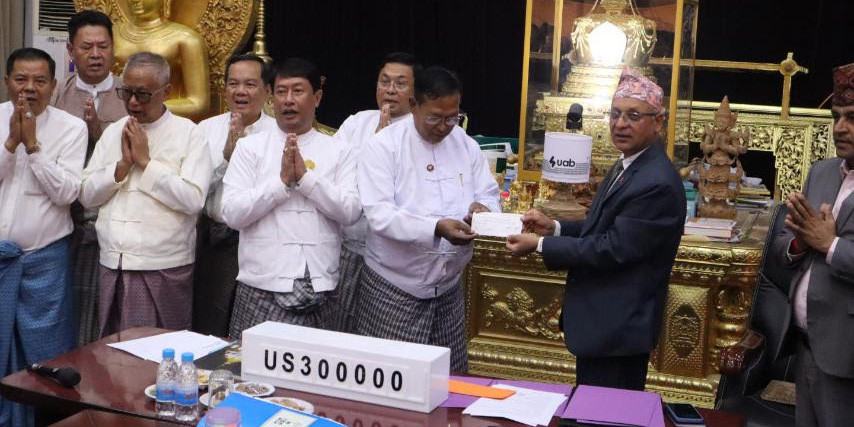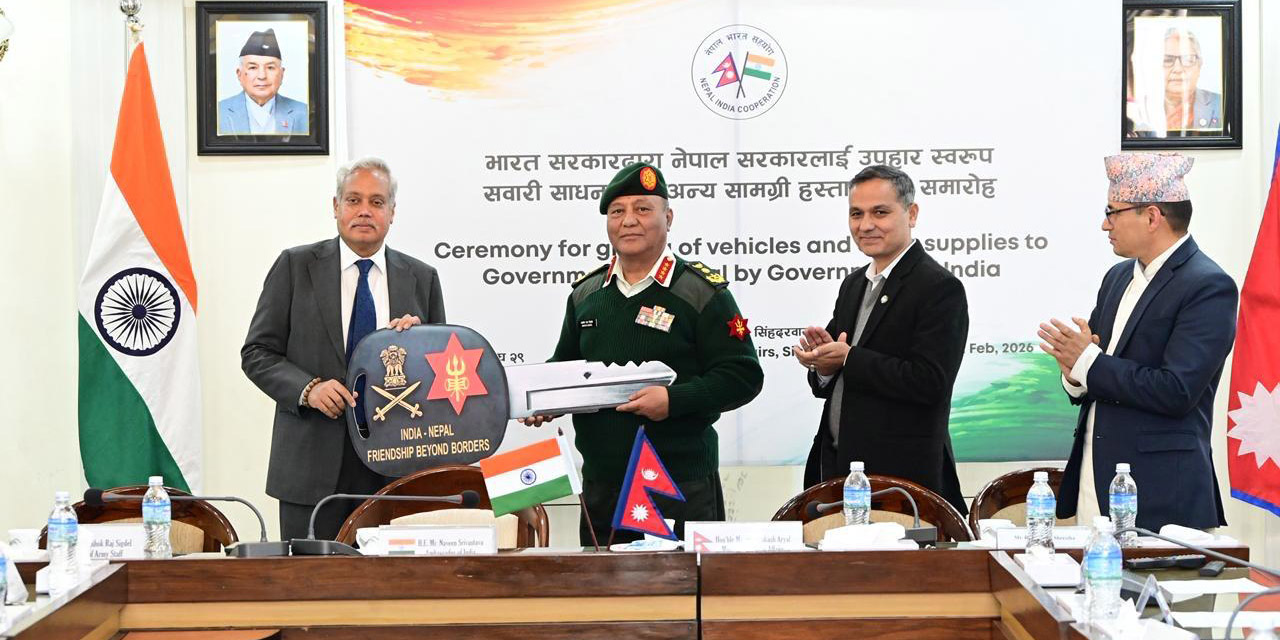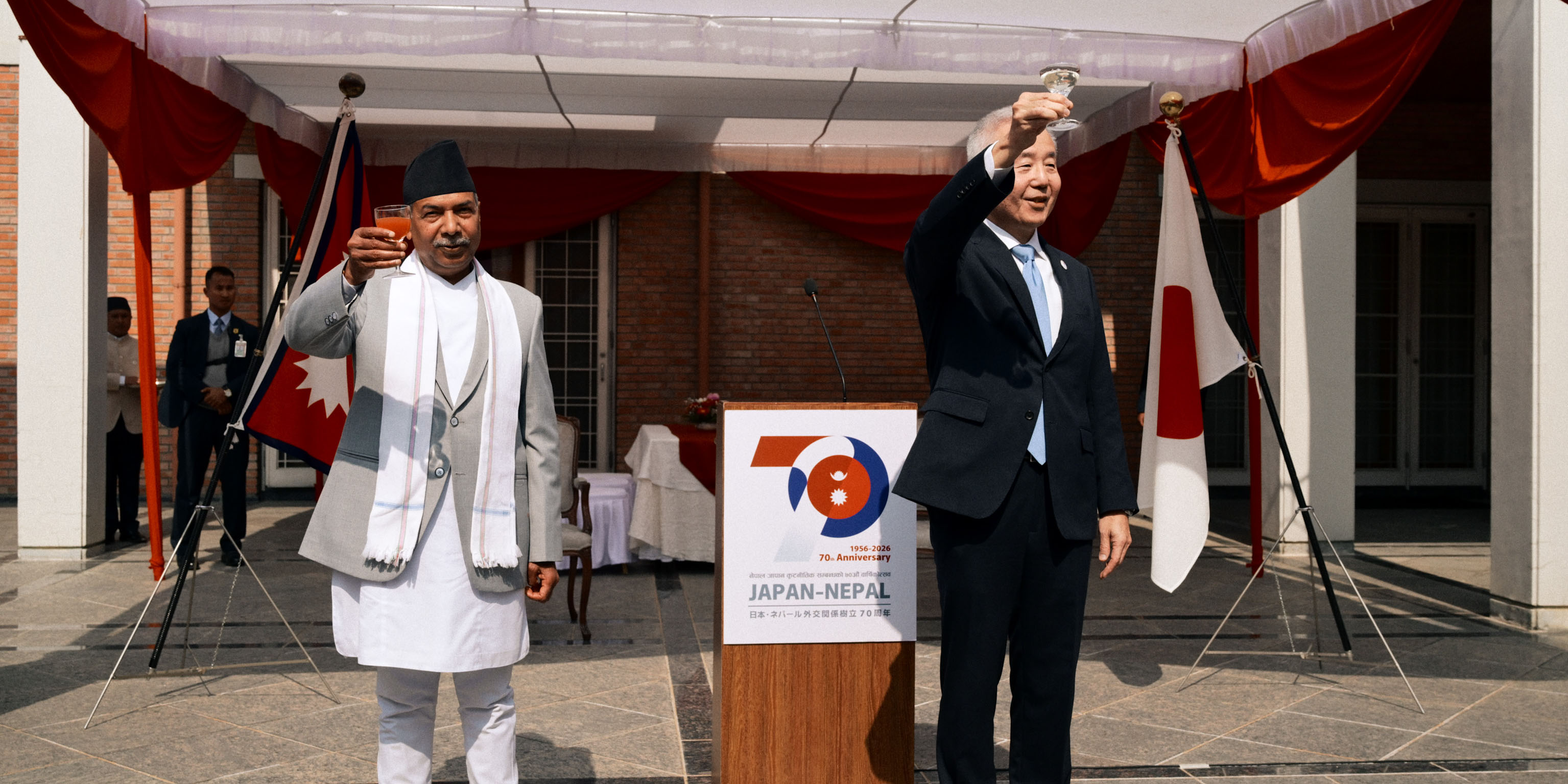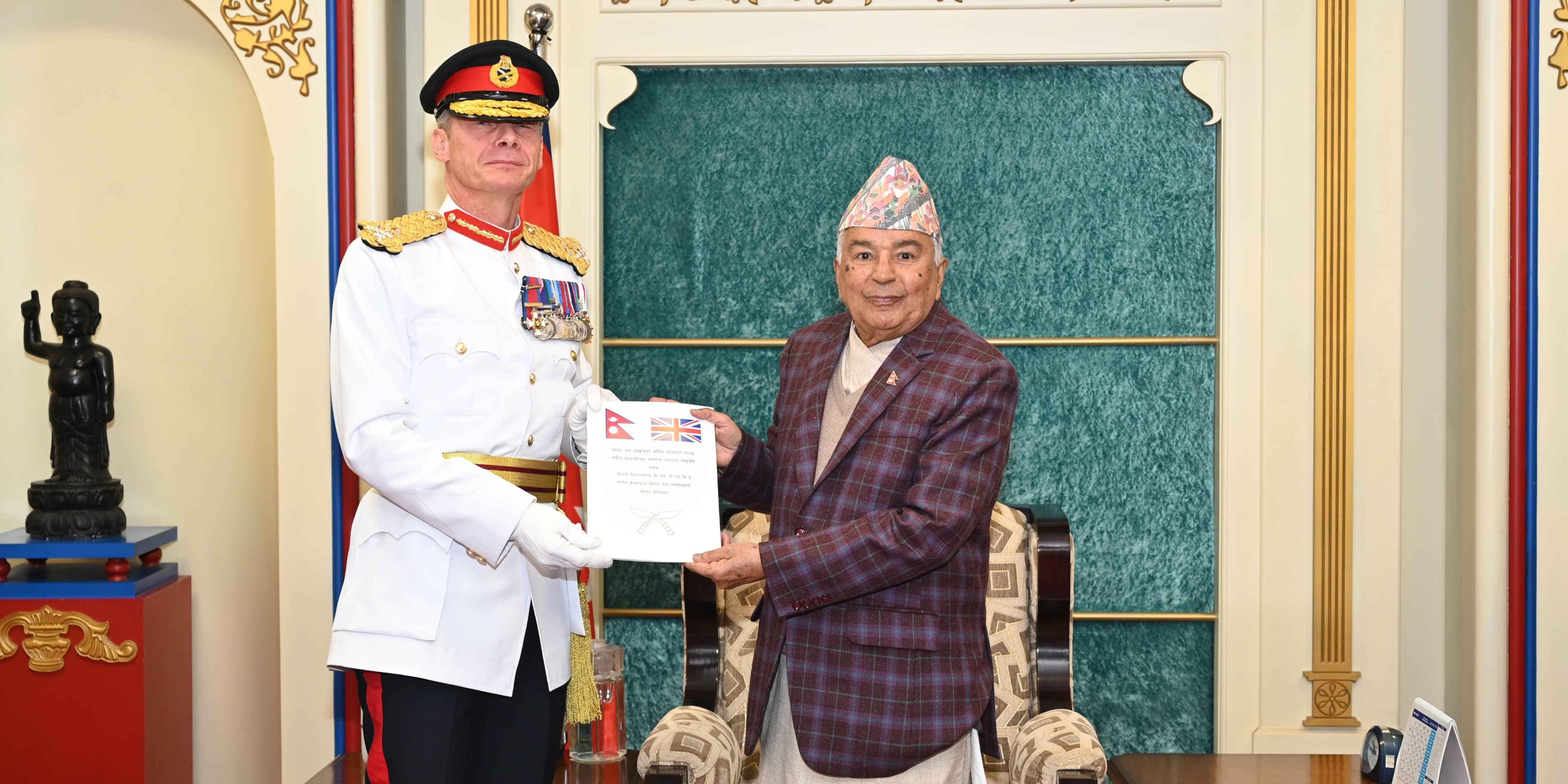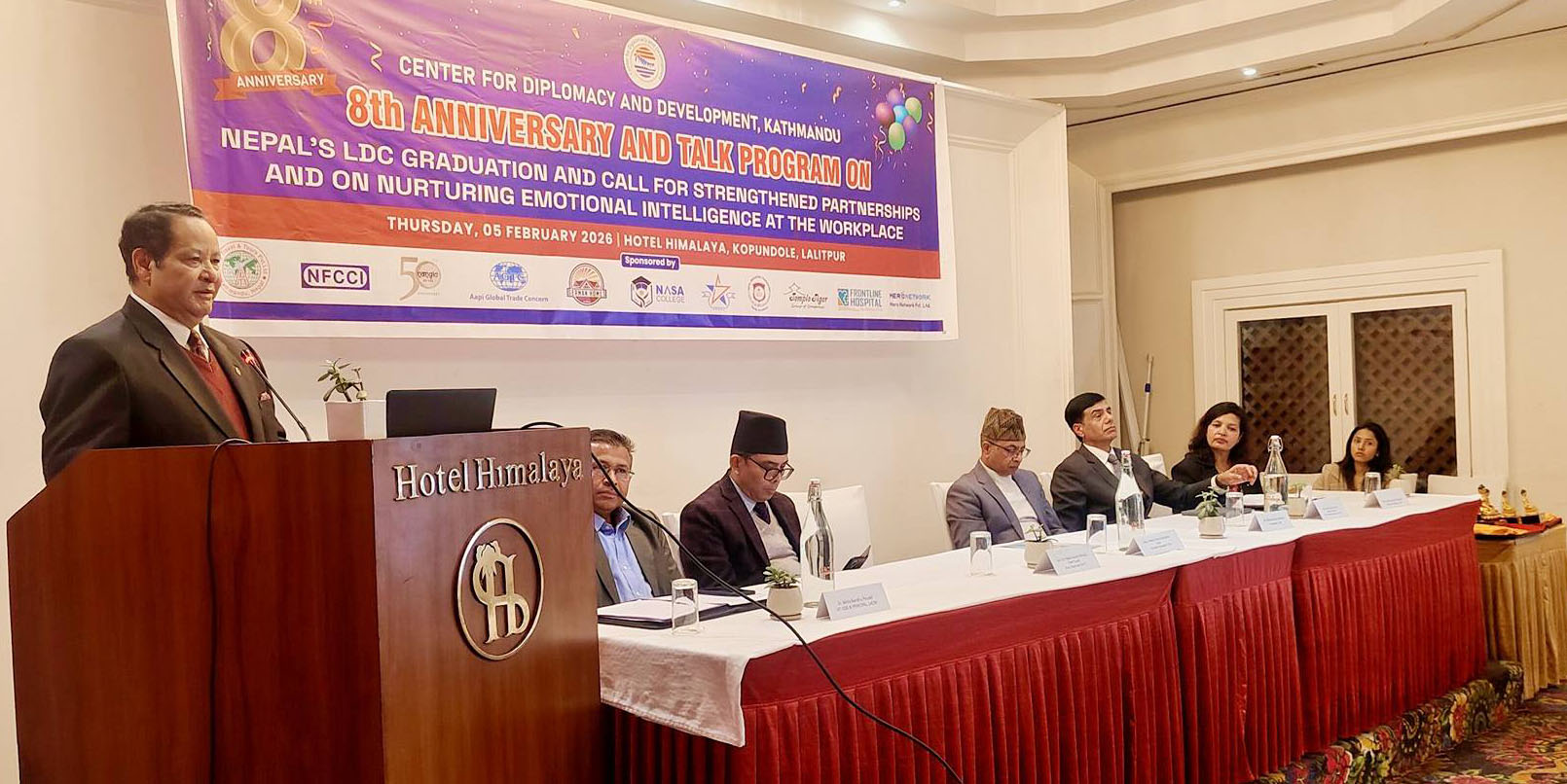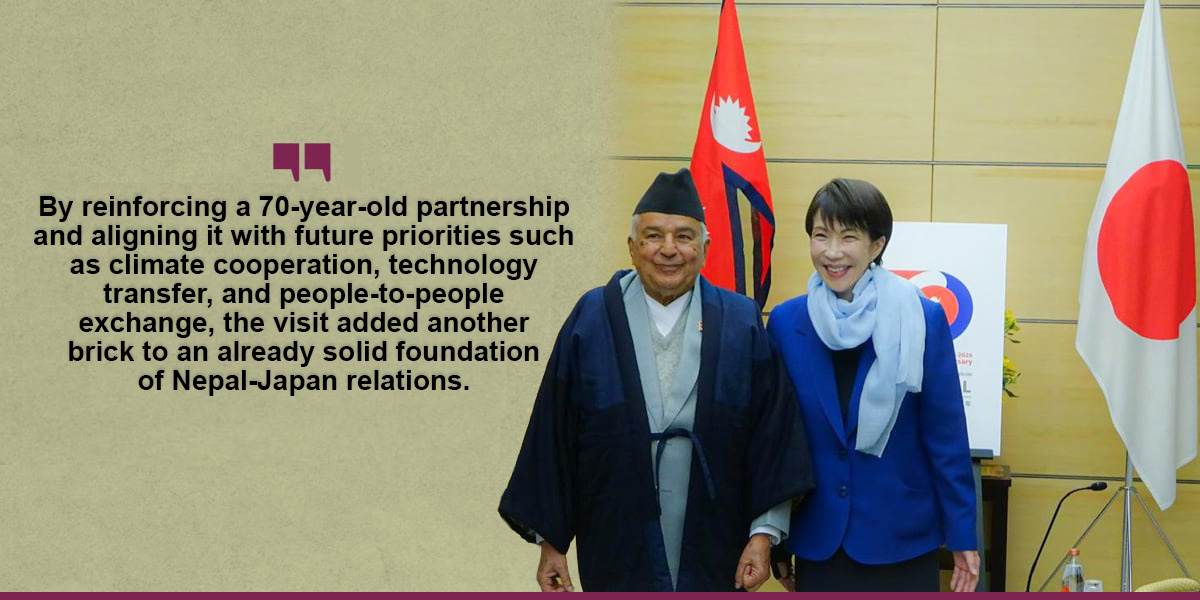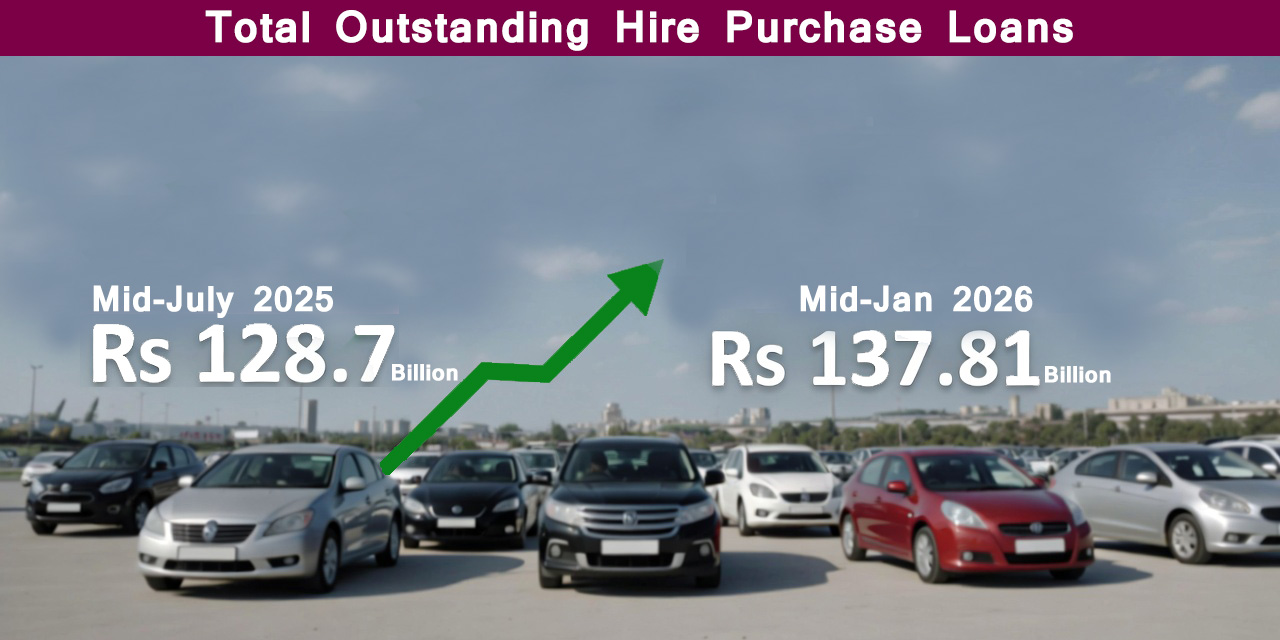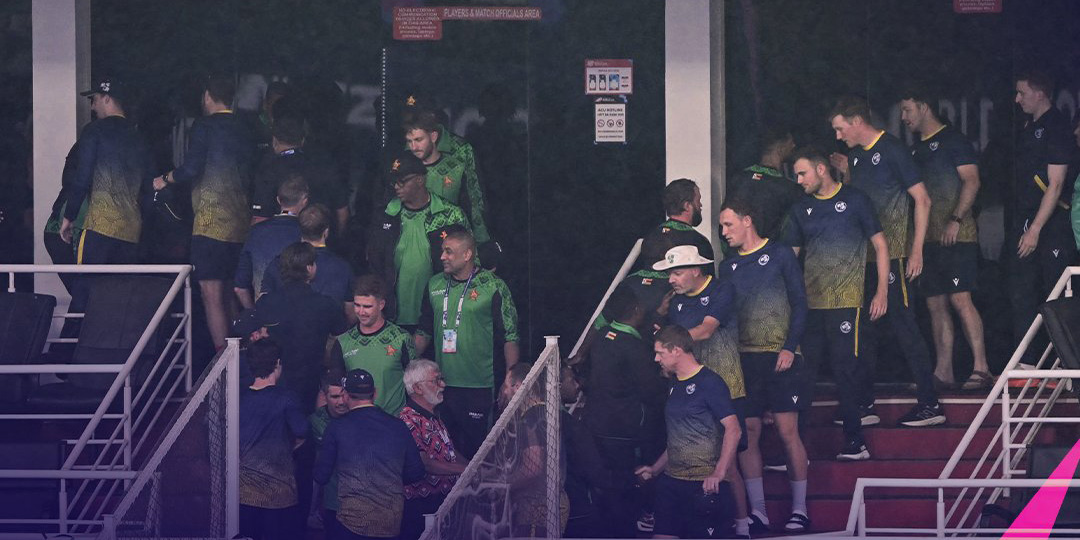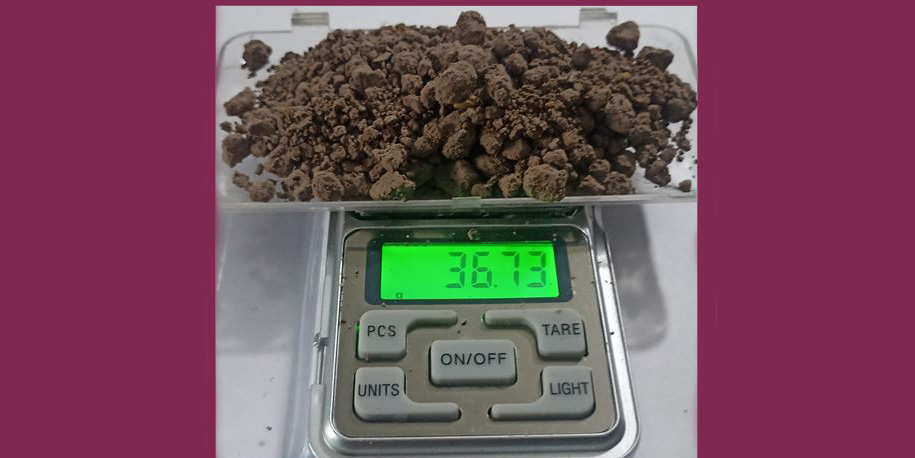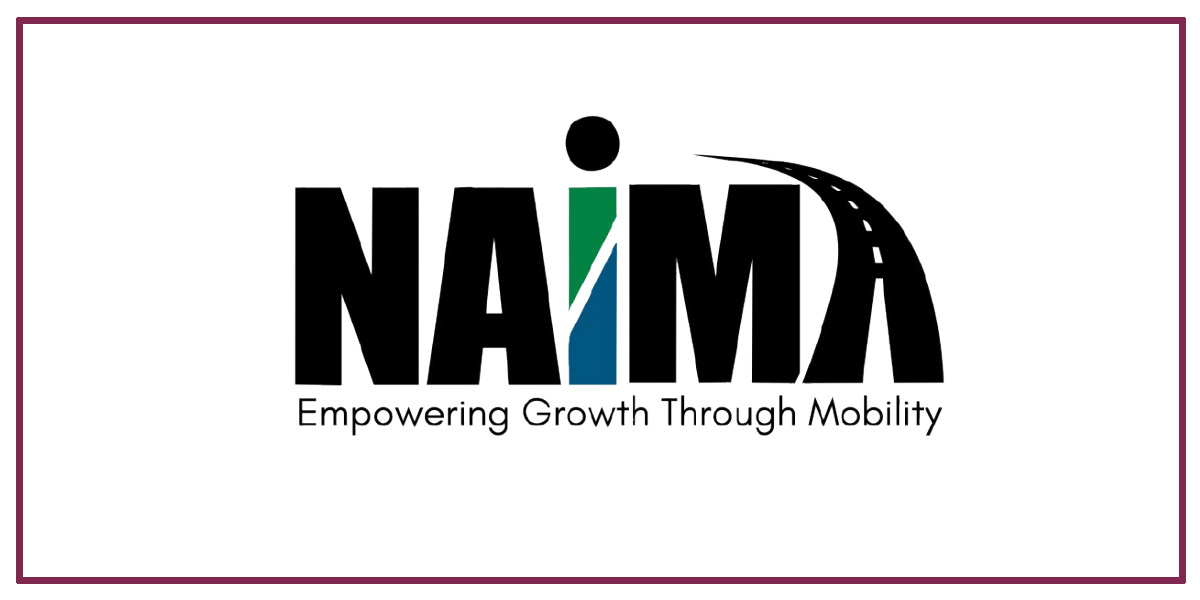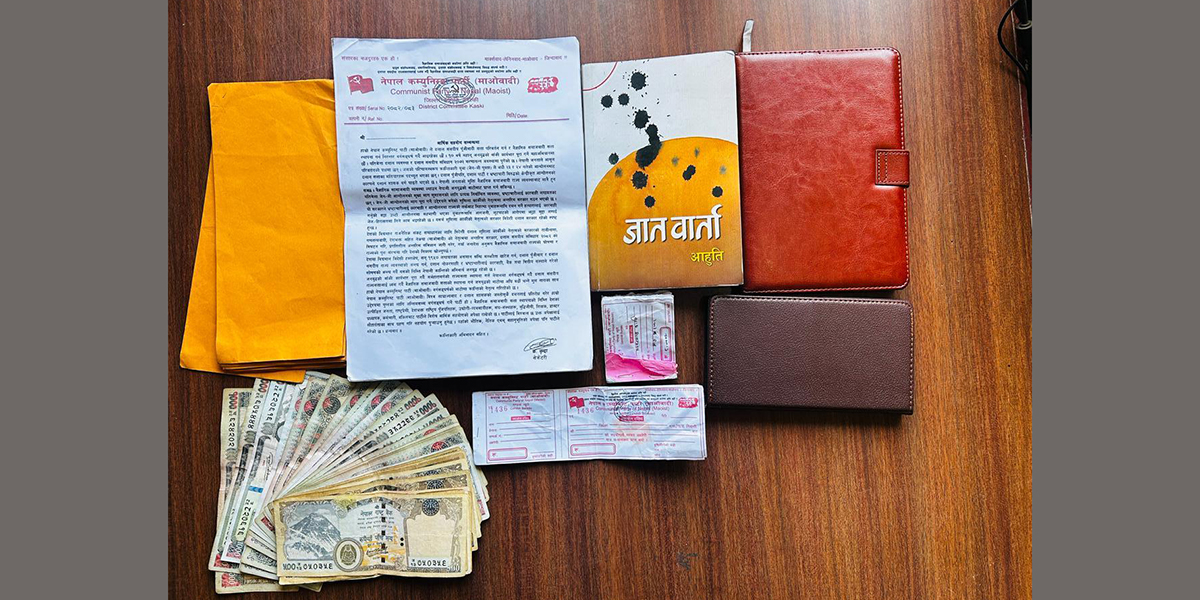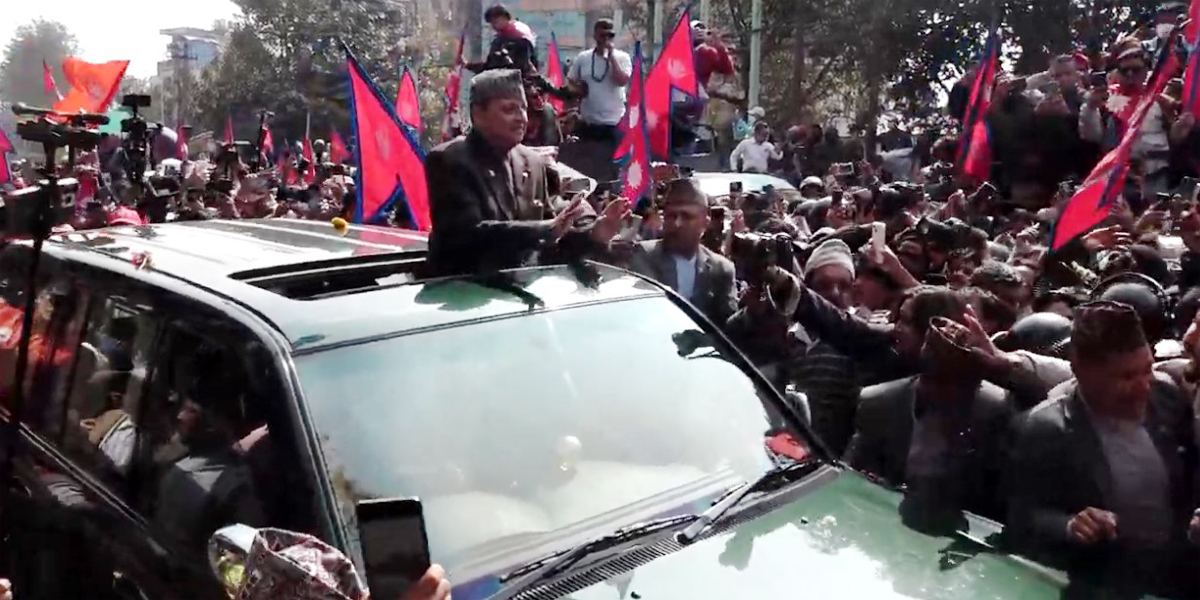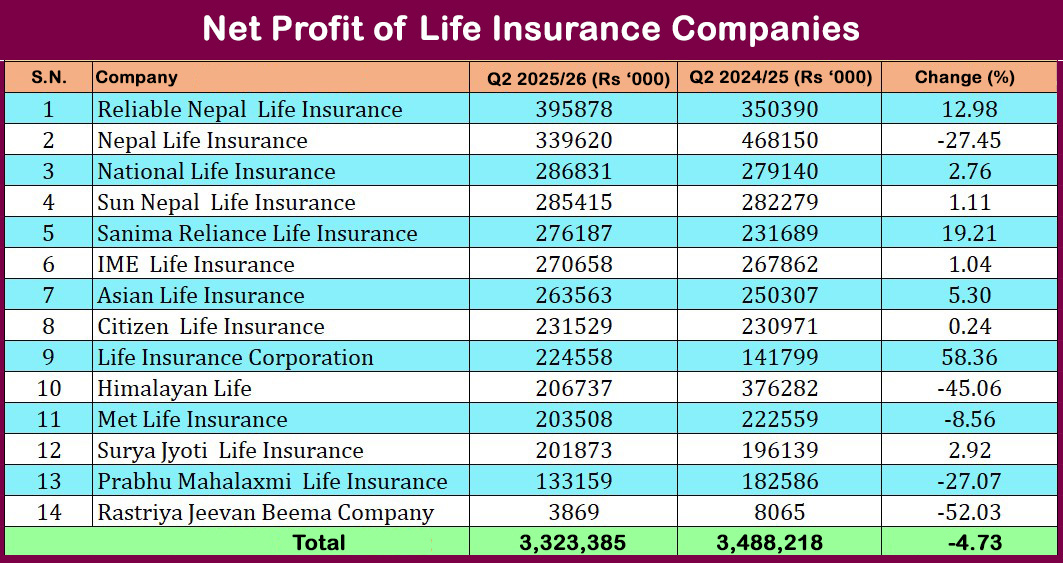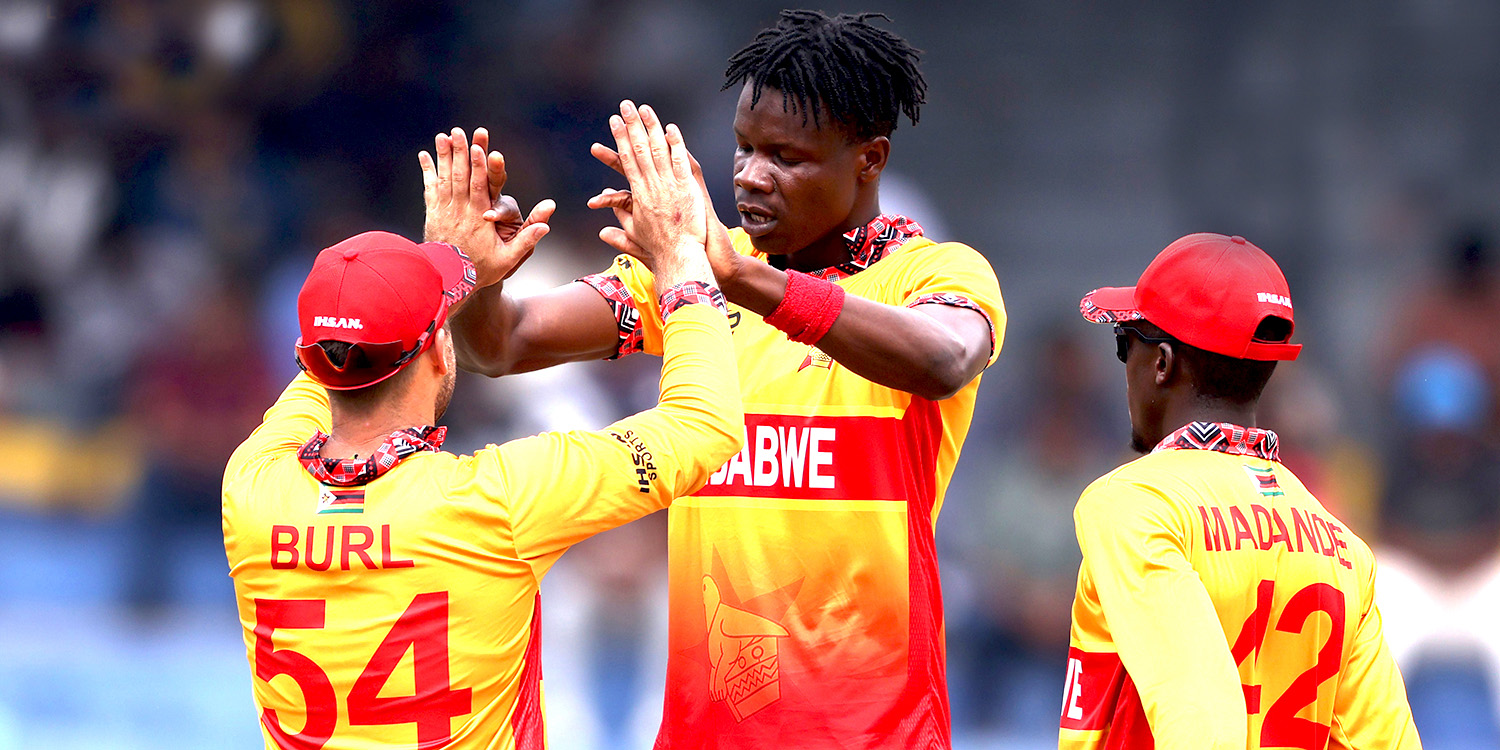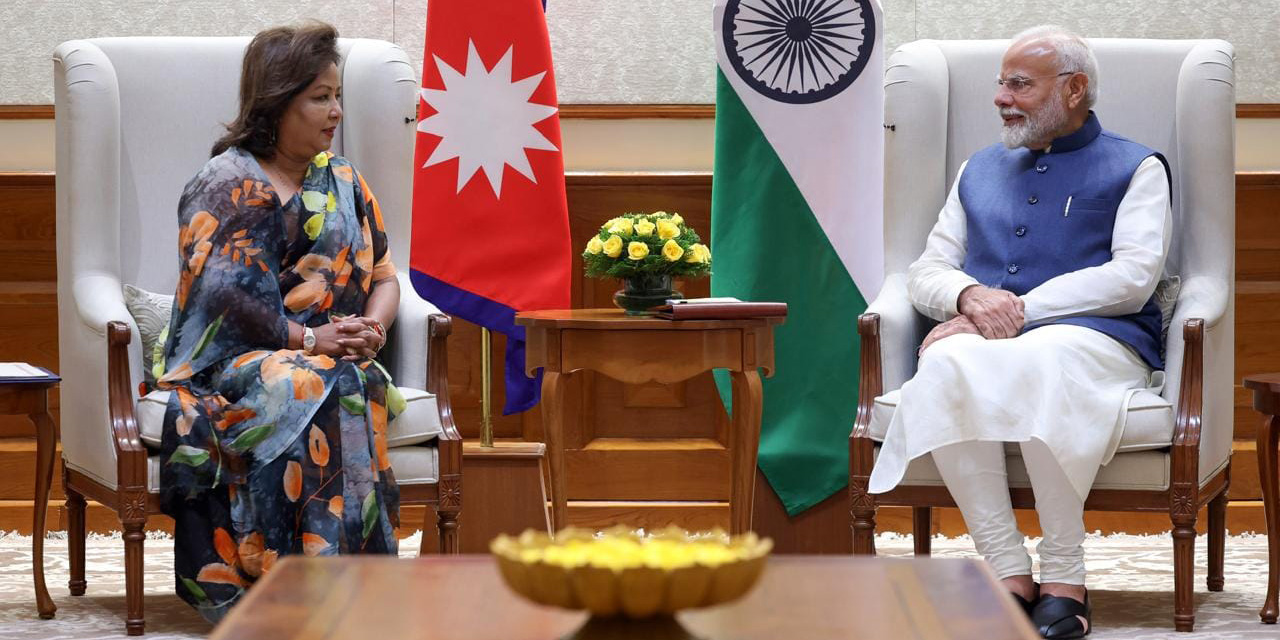 Foreign Minister Arzu Rana Deuba pays courtesy call on Indian Prime Minister Narendra Modi.
Foreign Minister Arzu Rana Deuba pays courtesy call on Indian Prime Minister Narendra Modi.
KATHMANDU: Despite the Indian government giving high importance to Foreign Minister Dr Arzu Rana Deuba during her visit to India, several key agendas were overshadowed due to insufficient preparation on Nepal’s part. Diplomatic experts suggest that the visit, which followed the traditional practice of starting foreign visits with neighboring India, was largely ceremonial.
Whether during formal talks with her counterpart S Jaishankar or a courtesy meeting with Prime Minister Narendra Modi, the lack of adequate preparation on the Nepali side was apparent. However, both countries have claimed that the meetings were highly productive.
Following the meeting, Indian Prime Minister Modi expressed his desire to see the partnership between the two countries continue to advance. “India and Nepal share close civilizational ties and a progressive and multifaceted partnership. Looking forward to continued momentum in our development partnership,” he said in a post on X after the meeting.
Foreign Minister Deuba also expressed confidence that her visit would elevate the bilateral relationship between the two countries to new heights. “I expect that this visit, along with other high-level visits, will take our bilateral relations to a new level,” she added.
However, despite her meetings at the highest levels in India, Deuba failed to capitalize on these opportunities for Nepal’s benefit, according to some sources. A Nepali official who participated in the visit said that the foreign minister did not engage in significant discussions on bilateral matters. “Minister Deuba should have addressed many issues during that occasion, but we did not see that happen,” the official added.
While Deuba did raise some old issues, the Indian side responded by assuring that they had “taken note”. India has consistently stated that Nepal is a priority partner under its “Neighborhood First” policy. In this context, diplomatic experts believe that Deuba missed the opportunity to address and resolve issues between Nepal and India. However, there has been no formal disclosure of what topics were discussed during her meeting with Indian Prime Minister Modi.
India has rarely given special importance to visiting foreign ministers. Following the political movements of 2006/07, the then Foreign Minister KP Oli, Kamal Thapa, Sujata Koirala, and now Arzu Rana Deuba received similar honors from India. Other foreign ministers have been unable to secure a courtesy meeting with the Indian Prime Minister during their visits.
After the 2006/07 movement, Indian Prime Minister Manmohan Singh met with Foreign Minister Oli, who was part of Girija Prasad Koirala’s cabinet. Similarly, Sujata Koirala, the daughter of Girija Prasad, had the opportunity to meet Prime Minister Singh during her visit to India in July 2009.
Pleased to welcome Nepal’s Foreign Minister @Arzuranadeuba. India and Nepal share close civilizational ties and a progressive and multifaceted partnership. Looking forward to continued momentum in our development partnership. pic.twitter.com/DwM8zq6qsL
— Narendra Modi (@narendramodi) August 19, 2024
In November 2015, when Kamal Thapa visited India as foreign minister, Prime Minister Narendra Modi met with him. At that time, it was said that Thapa received special treatment due to his experience as a seasoned politician and because the visit occurred during India’s blockade of Nepal.
According to diplomatic experts, India gave significant importance to Deuba because of two main reasons: first, she is the foreign minister of a government formed by the two major parties, Nepali Congress and CPN-UML; and second, she is the wife of Sher Bahadur Deuba, the leader of the country’s largest political party.
Experts view the importance given by New Delhi to Deuba Rana as the “hardware part” of diplomacy, suggesting the need for Nepal to focus on the “software part” to advance national interests. Former Ambassador Mohan Krishna Shrestha praised India’s gesture but stressed the importance of Nepal leveraging such opportunities to address pending issues and promote its interests. “While I had read that Deuba was preparing to leave for Delhi for medical treatment, the fact that her visit was formalized with high-level meetings is praiseworthy in itself.”
However, he said more preparation should have been done before Deuba’s visit. “Given the importance India placed on this visit, Nepal should have capitalised on it for its own benefit. We should have discussed unresolved issues, tried to resolve pending matters, and engaged in table talks if there were any problems. Unfortunately, our leaders tend to rush into visits without proper preparation,” he added.
He also pointed out that Nepal’s leaders often hesitate to assert their country’s interests, fearing India’s reaction. “When it comes to discussing our national interests, it’s essential to consult with the ambassador,” he added.
During her visit to India, Foreign Minister Deuba held formal talks with her counterpart S Jaishankar on Monday and also met with Indian Prime Minister Modi in the evening. “Securing such a meeting is not a common occurrence. Apart from former foreign minister Kamal Thapa, I’m not aware of Modi meeting any other foreign minister in this manner. Although I later learned from the media that Pradeep Gyawali also met India’s executive head during an event,” he added.
During her stay in Delhi, Deuba also witnessed India’s announcement to import an additional 251 MW of electricity from Nepal. “It has also been mentioned that Nepal could export up to 10,000 MW in the future,” Shrestha added. He noted that the announcement of electricity purchases during this courtesy visit enhanced the significance and stature of the visit.
Former ambassador to India Nilamber Acharya said that, as this was an official visit, it included delegation-level talks with the Indian counterpart and a courtesy meeting with the Indian Prime Minister. “This is a standard protocol for an official visit. There have been many instances where such importance wasn’t accorded. So, we should not overstate it, nor should we dismiss it as insignificant,” Acharya said. “Since the visit was organized on short notice, we should view it positively.”
Former Indian ambassador to Nepal, Ranjit Rae, also stated that Foreign Minister Deuba’s visit to India was successful from all angles. “She met with India’s top political leadership, and some other significant achievements were also made during this visit,” Rae said. “Both the Nepali and Indian cricket lovers would welcome the agreement to provide training and capacity-building opportunities for the Nepali cricket team in India.”
Diplomatic experts believe that discussions during the meeting between the foreign ministers of Nepal and India likely involved reviewing all aspects of bilateral relations. According to the Nepali embassy in New Delhi, the two foreign ministers discussed various issues, including trade and transit, energy, connectivity, investment, air routes, flood and inundation control, the Pancheshwar project, sports and infrastructure development in border areas. The two ministers also agreed to activate regular bilateral mechanisms.
The talks between the two foreign ministers also covered infrastructure development in border areas, such as roads, bridges and laboratories. The lack of quality laboratories at the border has made it difficult for Nepal to export agricultural products to India. The ministers agreed to gradually resolve these issues.
The embassy also reported that discussions were held on topics such as cross-border railways, roads and bridges, integrated check posts, petroleum pipelines and digital financial connectivity. Similarly, the Indian Ministry of External Affairs mentioned that the visit highlighted the “unprecedented opportunities” offered by long-term energy trade.
The ministry also pointed out that the visit provided an opportunity to explore new areas of cooperation, highlighting sports as a new area of focus. Officials had recently welcomed the decision to allow the Nepalese cricket team to train in Bangalore, India. However, some issues, such as the Eminent Persons Group (EPG) report and the boundary dispute, which have been unresolved for a long time, were not raised by Minister Deuba during her meetings with Indian officials.
During the meeting with Foreign Minister Deuba, Indian counterpart S. Jaishankar mentioned Nepal’s recent progress in cricket as exemplary. “We are on a mission to raise the standard of cricket in South Asia, and Nepal is part of that effort. We will provide training opportunities for Nepali players and assist in infrastructure development as needed,” diplomatic sources quoted Jaishankar as saying.
Some experts believe that due to the evolving political developments in countries like Bangladesh and the Maldives, India, which has adopted a “Neighbourhood First” policy, may also bring some changes to its diplomatic approach. “It seems that India has moved on from the past tensions with Oli and is entering a new phase of relations,” said an official from the Ministry of Foreign Affairs. “The Indian government appears to be moving forward with confidence in the new government.”
The official added that, since the visit was intended to foster goodwill between the two governments, no attempts were made to bring up issues that could cause friction.
Foreign Minister Deuba also extended an invitation to Indian Prime Minister Modi for a state visit to Nepal and a religious visit to Swargadwari on behalf of Prime Minister KP Sharma Oli. Modi has accepted the invitation. During his meeting with Minister Deuba, Prime Minister Modi also sent a message of congratulations to Prime Minister Oli for taking on the new responsibility as head of the government.
Modi has expressed commitment to visiting Nepal at a convenient time.

 Himal Press
Himal Press 